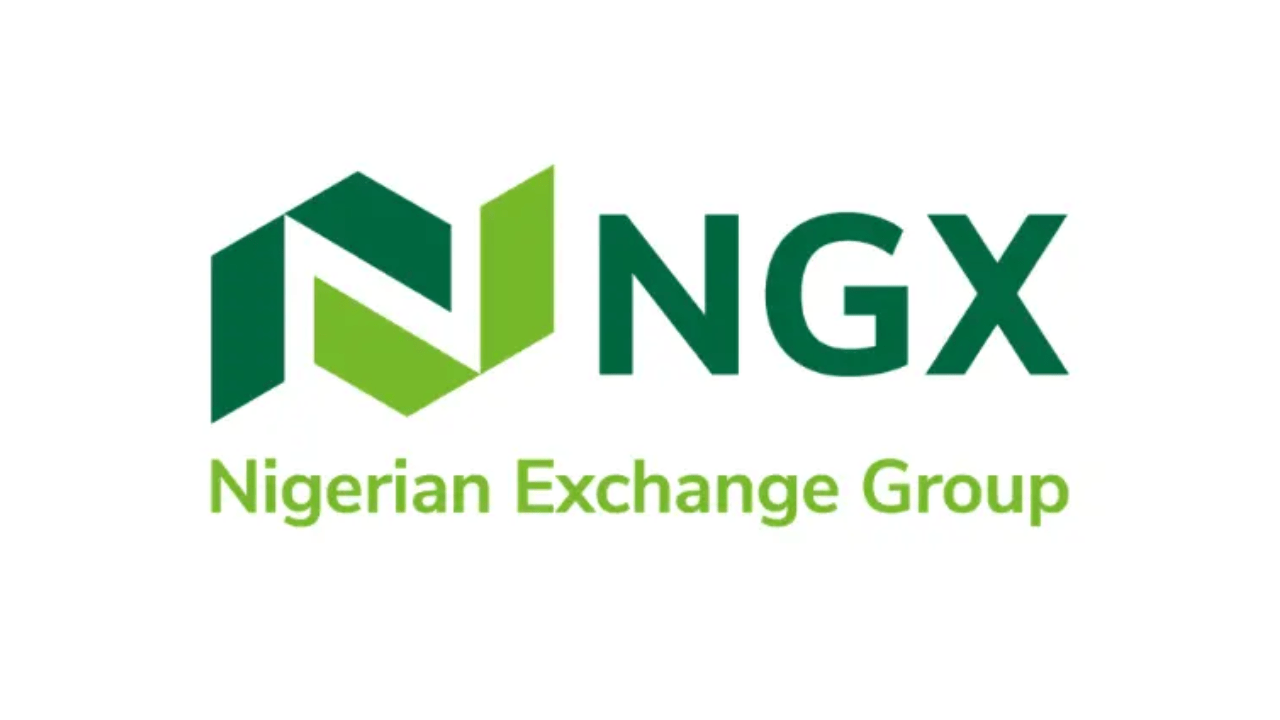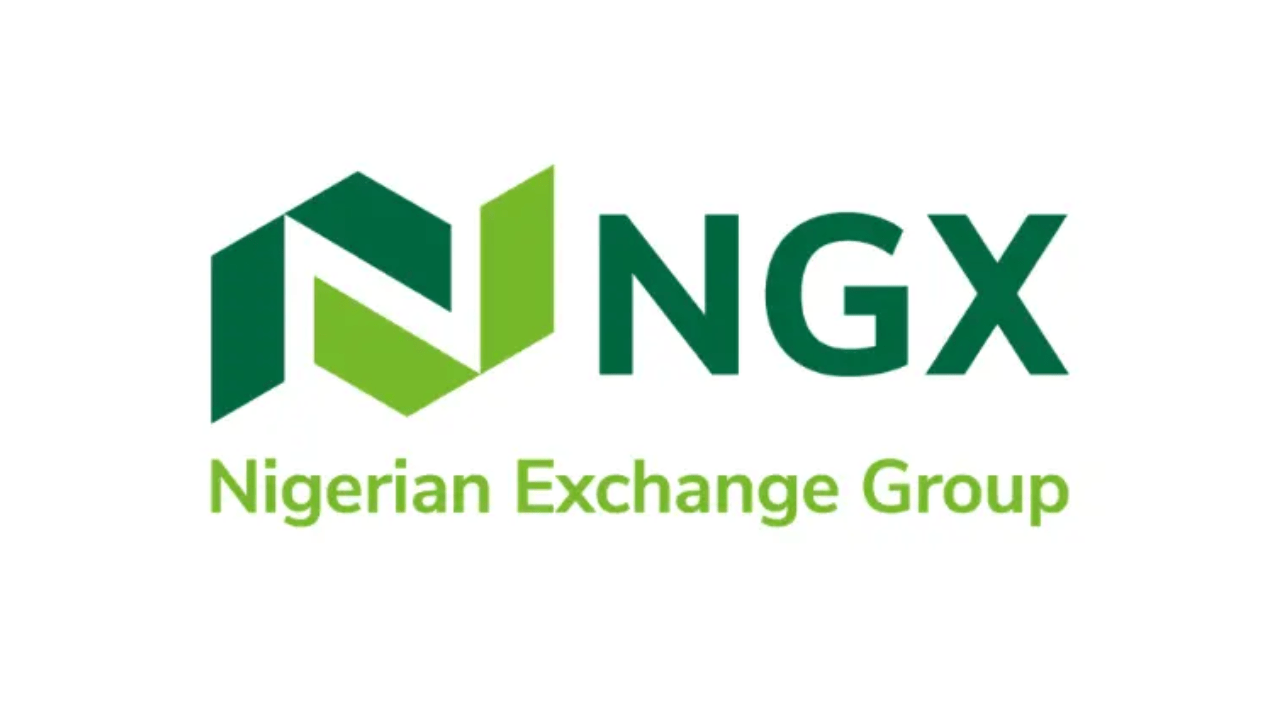Business
FIRS Milestone H1 2023 Performance, A Success Foretold
By: Dapo Okubanjo
For any one who has paid more than a passing attention to the activities of the Federal Inland Revenue Service (FIRS) in the last four years, the agency’s tax collection receipt in the first six months of 2023 would certainly not be surprising.
This is because the FIRS under the leadership of Muhammad Nami has been constant in scaling new heights.
But even at that, a N5.5 trillion total tax revenue collection between January and June this year is not a mean feat especially as this was more than the N4.95trillion the FIRS collected in the entire 2020 fiscal year and about nine hundred billion naira less than the N6.4 trillion collected in all of 2021.
It is the highest ever tax collection by the service for the first six months of a fiscal year. But undeterred, the tax agency is convinced that it would better that number in the last six months of 2023.
In the words of the FIRS Executive Chairman on the day he made the record- breaking announcement at the meeting of National Economic Council (NEC) a few days ago, there are “better days ahead”. And this he attributed to “continuing improvement to our tax processes and positive impact of current government’s policies on the economy”.
A breakdown of the 2023 half year tax collection figure shows that while non-oil taxes continued to do well with N3.76 trillion, oil taxes stood at N1.73 trillion.
And listening to Muhammad Nami on the day, it would be difficult for anyone to bet against the agency exceeding that feat at the end of the fiscal year. This is because it collected a total of N1.65 trillion tax revenues in June 2023 alone, the highest tax receipt by the agency in a single month.
Success Foretold
A cursory look at FIRS trajectory since at least 2020 when the Muhammad Nami-led management assumed office shows that signs of a successful tax collection regime were there from the onset. This is inspite of the grim shadow of COVID-19 on the polity which was bound to have negative consequences on the economy.
In the year the pandemic held the world in its grips, the agency’s tax receipt fell slightly short of its N5.07 trillion target when it raked in N4.95 trillion inspite of a global slump in crude oil prices and disruption to businesses.
One could easily recall how the FIRS Executive Chairman explained that the global oil slump impacted negatively on tax returns through the Petroleum Profits Tax which accounted for only 30.6% of the tax revenue generated in 2020, compared to previous years.
So the country had to rely more on non-oil taxes which rose astronomically as a result of the deployment of a tax reform built on a 4-pronged approach which includes: rebuilding FIRS’ institutional framework, improving collaboration with stakeholders, making the agency a customer-centric institution and finally to turn it into a data-centric institution.
And with COVID-19 not fully a thing of the past, the tax reforms began to manifest in 2021 with increased stakeholder collaboration and the deployment of technology. It was the year of Tax Pro-Max so not surprisingly, FIRS overshoot its N6.401trillion target for that year.
In a personally signed performance update for the 2021 fiscal year,the FIRS helmsman said the agency collected a total of N6.405 trillion in both oil (N2.008 trillion) and non-oil (N4.396 trillion) revenues as against a target of N6.401 trillion.
A further breakdown shows that Companies Income Tax amounted to N1.896 trillion; Petroleum Profits Tax brought in N2 trillion; Value Added Tax raked in N2.07 trillion; Electronic Money Transfer Levy topped N114 billion while Earmarked Taxes recorded N208.8 billion; among others.
What this meant was that the non-oil sector contributed 68.64% of the total collection in 2021, while the oil sector’s contribution was 31.36% of total collection.
But in 2022, the oil sector did better as FIRS broke the N10 trillion mark by contributing 41% of the total tax collection for the fiscal year with an unprecedented figure of N4.09 trillion to N5.96 trillion from the non-oil sector according to the year’s performance update report.
All of these can be attributed to a quantum leap in stakeholder engagements under the watch of the current FIRS leadership, an automated system with Tax Pro-Max as the guiding light for tax administration as well as training and retraining of FIRS staff to improve their capacity.
So it is quite easy to trace the performance index of FIRS from 2020 and come to the conclusion that its 2023 half year collection of N5.5 trillion was not entirely surprising.
It is indeed a story of success foretold right from inception, not only because of the ongoing tax reforms but also because of improved stakeholder collaboration. And indications are that things can only get better.
Dapo Okubanjo is a journalist/public affairs analyst based in Abuja. He can be reached on dokubanjo@yahoo.co.uk
The post FIRS Milestone H1 2023 Performance, A Success Foretold appeared first on Jomog.
Business
0.78% Increase in NGX ASI


Wednesday’s equities trading at the Nigerian Exchange Limited closed on a bullish note with the All-Share Index rising by 0.78% to reach 71,808.64 points.
The market capitalization also experienced a gain of N472 billion, closing at N39.295 billion.
Trading volume saw a significant surge of 59.15%, reaching 690.011 million units compared to the previous day’s 433.568 million units. The trading value also increased to N12.1 billion from the previous day’s N11.1 billion.
The top gainers were THOMASWY, closing at N3.32 with a 9.92% increase, First Bank Nigeria Holding (FBNH) rising by 9.91% to close at N29.40, MULTIVERSE with a 9.90% increase to close at N0.70, ETI rising by 9.88% to close at N18.90, and INFINITY seeing a 9.70% increase to close at N1.47.
On the other hand, MANSARD saw a 9.69% decrease to close at N4.10, GUINEAINS fell by 9.68% to close at N0.28, OANDO experienced a 9.13% decrease to close at N10.45, OMATEK dropped by 8.14% to close at N0.79, and UNIVINSURE saw a 7.41% decrease to close at N0.25.
Regarding volume, GTCO led with 76.70 million units, followed by UBA with 74.57 million units, FIDELITYBK with 65.63 million units, ACCESSCORP with 64.18 million units, and UNIVINSURE closing at 47.13 million units with a decrease of 7.41%.
In terms of value, GTCO also led with N 3.04 billion, followed by UBA with N1.66 billion, ZENITHBANK with N1.37 billion, ACCESSCORP with N1.34 billion, and MTNN with N938.9 million.
The NGX ASI recorded a 0.78% gain in Wednesday’s equities trading.
The post 0.78% Increase in NGX ASI appeared first on NewsNow Nigeria.
Business
Universal Green Energy Access Programme, Union Bank of Nigeria Announce Partnership to Propel the Renewable Energy Market in Nigeria
Luxembourg based Universal Green Energy Access Programme (UGEAP), and Union Bank of Nigeria have formalised the basis for a strategic partnership to catalyse the development of the renewable energy market in Nigeria.
This collaboration, marked initially by a Memorandum of Understanding (MoU), aims to drive sustainable energy access for households and small and medium businesses across Sub-Saharan Africa, primarily focusing on Nigeria.
UGEAP, a 15-year blended finance facility, is dedicated to supporting the transition to sustainable energy. The United Nations Green Climate Fund (GCF) has committed the anchor investment to UGEAP, with DWS Investment S.A. as the Investment Manager.
Union Bank of Nigeria is a venerable financial institution established in 1917. The bank brings its vast experience and a comprehensive portfolio of banking services to this partnership. With over 293 service centres and more than 937 ATMs spread across Nigeria, it is a trusted partner in the financial sector.
Recognising the critical need for energy in Nigeria and the shared ambition to increase the proportion of renewable energy in the energy mix, the Parties have identified key areas of focus, which include meeting the energy demands in Nigeria, reducing industry and corporate dependence on expensive electrical energy to align with climate targets for CO2 emissions reduction, promoting solar home solutions, mini-grids for first-time electrified communities, and both off-grid and on-grid renewable energy production for corporates and productive use of energy.
In line with this, Union Bank and UGEAP commit to cooperating on a joint initiative with the specific goal of mobilising and deploying USD 500 million in funding and technical assistance over the next five (5) years. This initiative aims to advance the renewable energy sector, benefit businesses and communities in Nigeria, and contribute to the broader sustainability goals in Sub-Saharan Africa.
Speaking about the partnership, Mudassir Amray, Managing Director and Chief Executive Officer of Union Bank, said:
“Union Bank of Nigeria is proud to align with UGEAP in this groundbreaking initiative. Our longstanding commitment to fostering growth in Nigeria and UGEAP’s expertise in renewable energy positions us to drive meaningful change. This collaboration marks a milestone in pursuing renewable energy development in Nigeria, promising a more sustainable and resilient future for our communities.”
Also commenting on the partnership, Michael Hoelter, Senior Investment Principal of the Sustainable Investments team at DWS, expressed:
Renewable energy technology is a highly flexible solution for local solutions to the global target to de-carbonise industry and the financial system. Be it pay-as-you-go or roof-top installations for corporates, customers do not have to wait for the national grid to be reinforced to obtain electrical energy reliably. Solar power beats the noise of generators and can also beat the cost. UGEAP aims to multiply its capital contribution with the strength of local partners with a strategic alignment to bring clean energy to households and industrial users. We are glad to welcome Union Bank to the already existing partners in this joint development path.
The post Universal Green Energy Access Programme, Union Bank of Nigeria Announce Partnership to Propel the Renewable Energy Market in Nigeria appeared first on Jomog.
Business
Sterling Bank Again Wins Overall Best Workplace In Nigeria
Sterling Bank Limited, Nigeria’s leading financial institution, has again emerged as the 2022 Overall Best Workplace in Nigeria in the large corporate category awards organised by the Great Place to Work (GPTW).
Since 2020, the Bank has continued to win the overall best workplace award of the GPTW.
According to the organisers of the award, the bank emerged first Best Place to Work in the large corporate category, Best in Promoting People Leadership Practices in the large category and the Best in Promoting Corporate Social Responsibility Initiatives in the large category.
In a keynote address, Chairman of Sterling Bank, Mr. Asue Ighodalo said, “Now, more than ever in the life of our country, we must create an environment that enables an inclusive and consistent growth rate of over seven percent year-on-year to emerge from our present economic and social predicament.”
Describing himself as an apostle of and a firm believer in private sector-led growth, Mr. Ighodalo noted that creative, disciplined, innovative, and efficient organisations, manned by visionary, selfless, hardworking, satisfied and passionate people will catalyse the growth of the national economy.
“Rising at dawn and working till dusk each day, are the men and women who drive these organisations,” he said, adding that “for the organisations to thrive and sustain themselves, these men and women must be happy at work, passionate about their work, well trained, healthy, mentally balanced, fairly treated, motivated, appreciated, comparatively well rewarded and respected.”
He said employers have a duty to ensure that employees work in an environment and with people who enable outstanding performance. According to him, the world changed significantly in the last five years and the change has greatly affected employees’ attitude to work, their ways of working, the reasons they work, their organisational loyalty and where they work from.
He remarked that in order to retain the quality of talent they need to survive, grow, thrive and sustain themselves, organisations must adapt to the constant changes, volatility and unpredictability in the world because “we are at the edge of a new world economic order with indications that China will soon overtake the United States as the world’s biggest economy and the dollar’s importance in international trade, settlements and store of value will diminish.”
He said the global economy continues to face unprecedented challenges, noting that the greatest impact on how people work and their commitment to work has been the 2019 Covid pandemic with its lingering effects. He added that the war in Ukraine continues to further destabilise the global order, negatively affecting the cost of food and energy, disrupting supply chains and logistics certainty, and pushing many people into unemployment all over the world.
“Our enabling environment must improve and our organizations, which are the growth drivers, must become attractive work havens. So, with all of these challenging changes, volatility and unpredictability how do we create and sustain attractive and productive work havens?”
“Regardless the positive and efficiency enhancing impact of technology, science, robotics and digitalisation, I remain absolutely clear that each organisation is only as good as the people that work in there, driving and controlling its systems and technologies.
“People are the heartbeat of any organisation, driving it forward with their individual and collective efforts. They are not just assets; they are the essence of the company, making it vibrant and alive.
“Strategies, milestones, and overall financial performance may grab the headlines, but these only come together by the channelled efforts of the dedicated hands and minds of the people who call the company home—individuals who are comfortable enough to live their best livesand do their best work within their respective organisations,” Ighodalo said.
He enjoined organisations to commit to the wellness and stability of their employees, by offering a wide range of wellness programmes and initiatives, including mandatory annual physical check-ups, holistic maternity and paternity initiatives, employee assistance programmes to provide access to mental health support, and extensions to employees’ health plans that provide cover for older dependents.
He said companies should also take steps to promote work-life balance, and may, subject to the nature of the tasks, offer unconventional flexible work arrangements and paid health breaks among others.
The post Sterling Bank Again Wins Overall Best Workplace In Nigeria appeared first on Jomog.
-

 Education8 months ago
Education8 months agoSYSTEMSPECS CHILDREN’S DAY ESSAY COMPETITION (CDEC), 2024
-

 News2 years ago
News2 years agoFull Text of President Bola Tinubu’s Inauguration Speech on May 29, 2023
-

 CELEBRITY NEWS2 years ago
CELEBRITY NEWS2 years ago“E no balance”-Netizens react as Bobrisky shows off new shape days after surgery
-

 entertainment11 months ago
entertainment11 months agoAuthorities Arrest Six in Connection with Murder of South African Rapper AKA [VIDEO]
-

 Education7 months ago
Education7 months agoPENTAGON PARTNERS NATIONAL ESSAY COMPETITION FOR UNDERGRADUATE LAW STUDENTS
-

 Education8 months ago
Education8 months agoUNIVERSITY OF LAGOS (UNILAG) ANNOUNCE SALES OF SANDWICH ADMISSION FORM
-
Headlines2 years ago
FULL TEXT: Tinubu Addresses 78th UN General Assembly
-

 CELEBRITY NEWS2 years ago
CELEBRITY NEWS2 years ago“I no wan hear anything again o” – Esther Nwachukwu reacts as Chacha Eke and hubby, Austin lock lips in new video
